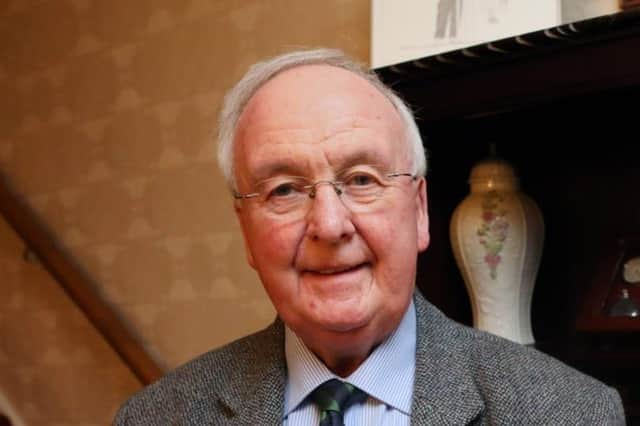Thought for the Week: Carol leaves us with much to ponder


In the mid-1960s I worked for the firm Gambles (Belfast) Ltd. They hosted a Christmas dinner for the office staff in a Belfast hotel. On this occasion, the managing director suggested we start proceedings with this carol. He was by no means a religious man, and several people appeared shocked. The quality of our unaccompanied singing would not have made it onto BBC 'Songs of Praise', but it was a memorable rendition.
Renowned 18th century hymn writer Charles Wesley wrote 6,000 hymns based on the preaching of two other revivalists, his brother the Rev John (founder of Methodism) and the Rev George Whitefield.
Advertisement
Hide AdAdvertisement
Hide AdIn 1739. Charles wrote this carol. For me, three lines of one verse are compelling - truly the core of the gospel.:
"Born that man no more may die,
Born to raise the sons of earth,
Born to give them second birth."
Wesley reminds us earlier in the carol that we are sinners in need of reconciliation with God and that the coming of Jesus made it possible. He then emphasises the hope of the Christian. At Christmas, the physical death of loved ones comes poignantly to mind; death is unavoidable, but for those who love Christ, it is not the end but a beginning, confidence of eternal life, which St Paul says is "better by far; born that man no more may die; - and be raised again."
In the line “Born to give us second birth", Charles Wesley is referring to St John chapter 3, where Jesus explained to the confused Nicodemus that he needed to be born again - born anew into a transformed life, not an optional extra but a necessity, if we are to be with Christ in the life to come.
The opening word "Hark" literally means listen, so let us ponder these words carefully. For some, it affirms their faith; for others, they may even discover the message of Christmas for the first time.